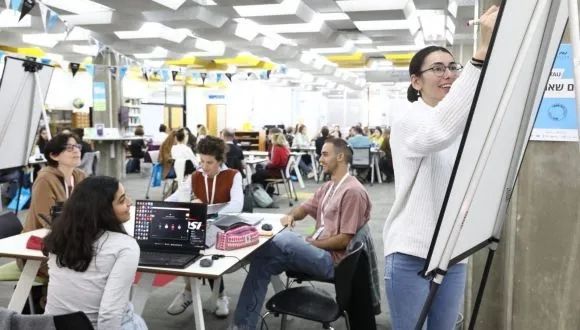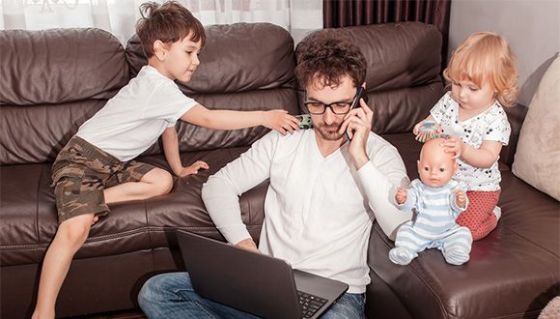
Parents show love less during COVID-19: TAU Study
Stress, crowded homes cause parents to “forget” to express love, at a time when children are in great need of parental affection.
A new study from Tel Aviv University found that during Israel’s first lockdown parents reported a significant decline in expressions of love for their young children (aged 3-5), compared to normal times. In addition, even though all members of the family were at home together, parents reported a significant decrease in parental leadership, and in setting rules and boundaries for their children.
The study, led by Prof. Dorit Aram, Head of the Early Childhood Research Laboratory at TAU’s Constantiner School of Education, examined parents’ behavior toward toddlers in Israel during the first lockdown (March-April 2020), and compared it to their behavior in regular times. The study surveyed 522 parents who filled out questionnaires. The parental behavior test was based on the Parenting Pentagon Model, consisting of five principles: partnership between caretakers, humane leadership, expressing unconditional love, promoting independence and imposing rules.
Loving behavior of parents toward their children is defined as: Loving behaviors include physical expressions of love (hugs, kisses, etc.), verbal expressions of love, encouragement, patience and sensitivity, expressions of empathy, and time spent together. The researchers found a significant difference between normal times and the pandemic.
The researchers note that during the pandemic parents spent more time with their children compared to regular times. Possibly, they had less of a need to show their love verbally and physically, because they paid more attention to their children on a daily basis. In addition, the researchers believe that the stress experienced by the parents, the crowded homes and the many hours spent together may have caused parents to “forget” the need to express love for their children, at a time when the children were in great need of loving behavior from their parents.
“This finding is somewhat surprising and even disappointing,” says Prof. Aram. “At times of crisis and stress, young children need their parents more than ever. They need a hug and words of affection, and yet parents did not express their love as often, and parental leadership, discipline and rule-setting were weakened. I hope that parents will learn from our study…and strive to exhibit more beneficial parenting practices under stressful conditions.”
The research examined several behaviors:
Parental leadership: Behaviors exhibiting leadership demonstrate parents’ place as leaders of the family and role models for their children. This behavior is characterized by assuming responsibility, setting goals related to raising the child, planning parental behavior (organizing the family in response to the new situation, preparing for changes, etc.) The study found that the implementation of this important principle was lower compared to normal times. The researchers claim that the pandemic has weakened parental control, and assume that in the chaos surrounding it, parents lost some of their efficacy in making decisions and setting goals for the family.
Partnership between caretakers: Partnership behaviors include a division of labor between parents, mutual support, the ability to resolve conflicts with mutual respect, presenting a common front to the child, presence in meaningful events in the child’s life, and agreement about how the child should be brought up. It might have been expected that with both parents at home, the level of cooperation would be higher than usual. The study, however, found no difference between the implementation of this principle in regular times and during the pandemic.
Promotion of independence: This behavior includes encouraging the child to become independent and to perform tasks suitable to age and abilities, while providing assistance when necessary. The study found that parents did not use time spent together to present challenges that could further their children’s independence, and continued to behave “normally” in this respect. The researchers emphasize that Israeli parents tend to be protective in normal times as well.
Rule-setting: For optimal family dynamics, the parent must create for the child a structured framework of rules, and implement it with persistence and authority. The parents who participated in the study reported a lower level of implementation of this principle. The researchers assume that this was caused by the lack of routine, timetables and activities outside the home.
Related posts

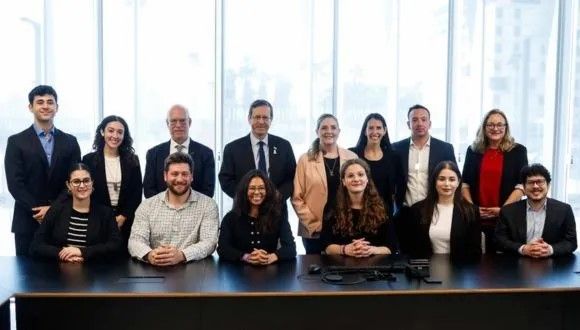
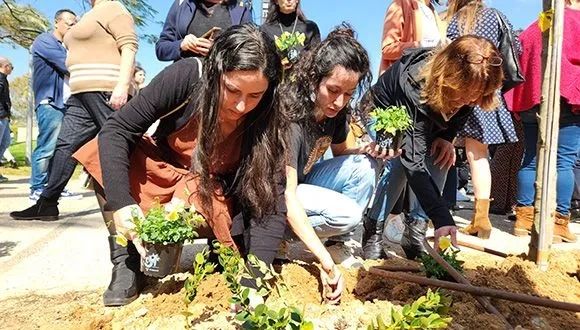
Tree Planting Ceremony Honoring October 7th Victims: A Symbol of Remembrance and Hope






Unveiling the Frontiers of Artificial Intelligence at Tel Aviv University AI Day 2024
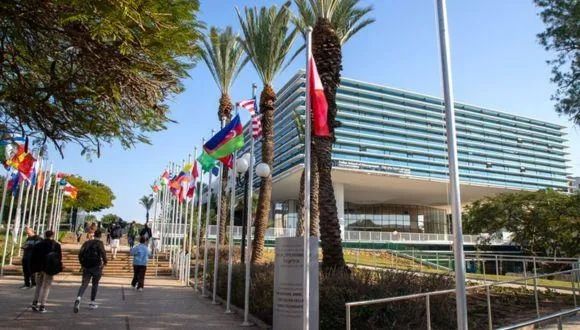
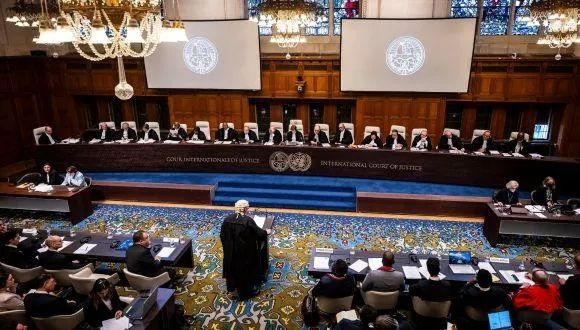


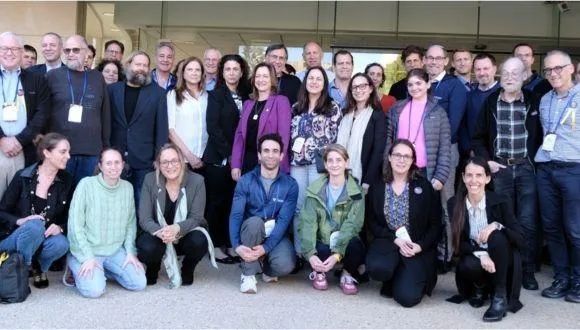

Tel Aviv University Urgently Launches a National PTSD Clinic for Civilians and Soldiers
